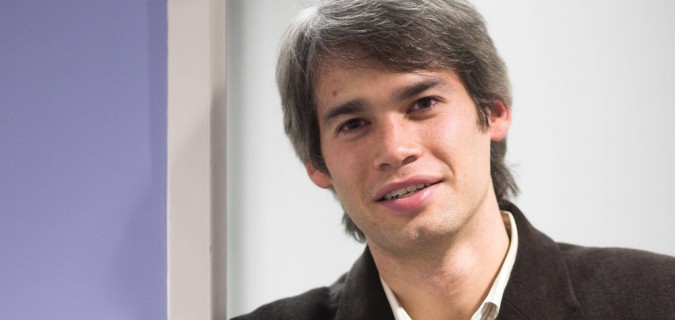Jonathan Jackson is a social entrepreneur and technology innovator. He is Founder and CEO of Dimagi, where he has overseen the development of multiple innovative health projects, including CommCare, a mobile phone based system for community healthcare workers deployed in over 25 countries. You can follow Jonathan @dimagi.
Who is your hero?
Bill Gates.
What’s the single best piece of business advice that helped shape who you are as an entrepreneur today, and why?
An early mentor of mine told me, “Ultimately, great people are going to do whatever they want to do.” He was explaining that in all his time working with highly skilled developers, they would ultimately end up doing whatever they wanted, regardless of what they were told. I’ve found this applies to most great people. So if you want to get great people to do what you want, you better make sure it’s what they want too. Of all the things we’ve accomplished at Dimagi, I’m as proud of our culture as anything, and it’s because we are filled with great people doing what they want.
What’s the biggest mistake you ever made in your business, and what did you learn from it that others can learn from too?
I have a management style that involves demanding efficiency and yelling at people when they aren’t delivering. This worked well enough when we were a small team, but it took my CTO and I too long to realize it was counterproductive for some members of the dev team as we continued to grow. We’ve now focused a great deal of energy on improving this area of our management, but it took too long to realize this was an issue.
What do you do during the first hour of your business day and why?
Respond to emails; we have a global company and I like to respond to our Africa and India offices before they leave for the day. I’ve very recently tried to start meditating in the morning as well, but that’s literally about three times ever.
What’s your best financial or cash-flow related tip for entrepreneurs just getting started?
Entrepreneurs are pretty good at predicting the probability of events happening, but pretty bad at predicting when they will happen. Always plan on deals taking longer to close than you expect, and still longer to get paid once they do close.
Quick: What’s ONE thing you recommend ALL aspiring or current entrepreneurs do right now to take their biz to the next level?
Reflect on the biggest thing that you wish you had an outlet for — whether its venting about cofounders, exercising more, better mentorship — and begin a plan to go solve it, today.
What’s your definition of success? How will you know when you’ve finally “succeeded” in your business?
Dimagi cares about impact, team satisfaction, and profit, in that order. We’d like to see our technology in the hands of 1 million community health workers, but that alone would not be enough for success. We also need to demonstrate that the our technology is creating a high-value for the CHWs vs. other uses of capital towards community health.













